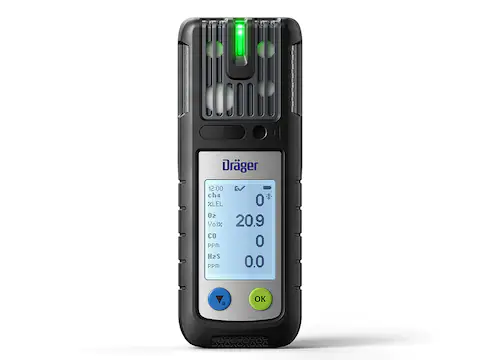Combustion is a vital interaction that fills our cutting-edge world, from heating homes and controlling vehicles to driving large-scale industrial cycles. At its center, combustion includes consuming fuel to deliver energy. However, wasteful combustion can result in energy waste, increased costs, and negative effects on the environment.
A combustion analyzer typically measures oxygen, carbon monoxide, carbon dioxide, and pipe gas temperature levels. It utilizes these values to calculate important measurements like combustion productivity, an overabundance of air, and carbon monoxide creation. By utilizing these readings, it is feasible to make adjustments to a combustion cycle, streamlining its productivity and diminishing emissions of harmful gases.
But why do you need a combustion analyzer?
One of the key reasons is to enhance proficiency. Each combustion interaction, whether it’s a residential furnace or an industrial evaporator, aims to transform a large part of the fuel’s potential energy into helpful heat as conceivable. An analyzer helps measure how this is being done; indicating areas where the interaction can be tweaked to further develop proficiency. As a consequence, less fuel is used to provide the same quantity of heat, which lowers costs and has a smaller environmental effect.
Security is a crucial additional justification. Carbon monoxide is a poisonous odorless and lethal gas. It’s difficult to identify without specialized gear, and having an analyzer to regularly screen CO levels is a critical safety measure. This gadget gives early warnings assuming that unsafe degrees of CO are being delivered, allowing for ideal mediations.

Environmental conservation is another critical factor. By enhancing combustion processes, a combustion analyzer assists with limiting these emissions, playing a critical job in endeavors to lessen air contamination and combat climate change.
Furthermore, the analyzers are needed for regulatory compliance. Many districts have rigid regulations concerning emissions from combustion appliances. Regular utilization of an analyzer can guarantee your gear is compliant with these regulations, avoiding heavy fines and contributing to a healthier climate.
The analyzers are generally utilized in various areas, for example, HVAC specialist co-ops, power plants, manufacturing units, and more. In residential settings, HVAC technicians use analyzers for routine maintenance and investigating heating frameworks. In enterprises, these gadgets are integral for enhancing large combustion processes and guaranteeing they are operating safely and inside regulatory standards.



